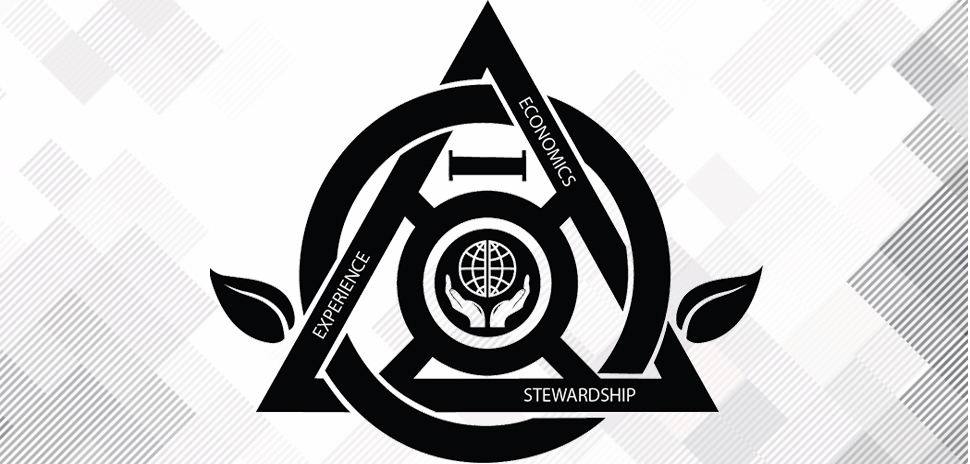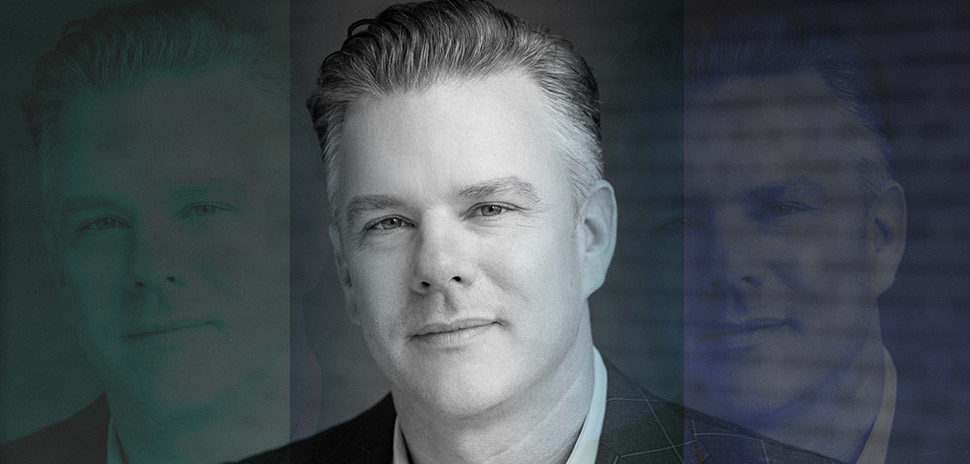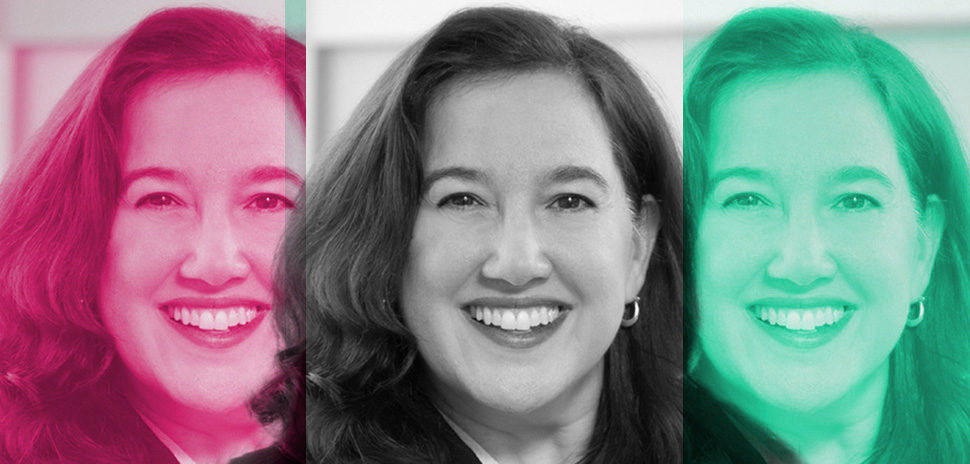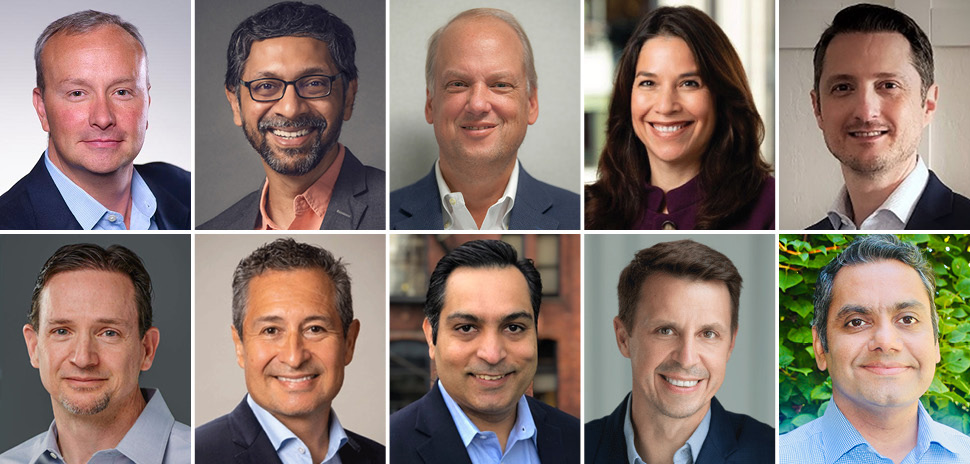Masons aren’t just bricklayers. As technology advances, each generation presents a new challenge for the infrastructure masons.
A century ago, it was building the world’s first electrical grid.
In the 1950s, it was building a vast interstate highway network.
Today, it’s creating a digital infrastructure, mainly data centers, that can handle the needs of today and the future.
Energetic Consulting Inc. President Mark Monroe saw the need for a global professional organization for the high-tech infrastructure masons of our age, so he co-founded iMasons along with Dean Nelson, head of Uber Compute.
Now, Monroe is the executive director of the group which gathers technology and infrastructure professionals.
The iMasons had its first Dallas meeting at Southern Methodist University Sept. 28 with a few dozen professionals in attendance. The data centers are critical to the nation’s economy, culture, and social well being. And, increasingly, these server stacks are handling life or death.
“This one is really about the people. Leave your company at the door.”
Mark Monroe
“If your social media site goes down, nobody dies,” Monroe said. “If you’re autonomous vehicle goes down and you’re connected to the grid on the foundation that the masons have built, then you’ve got something serious.”
iMasons is trying to start chapters in Dallas, Silicon Valley, New York City, London, and elsewhere around the world. Monroe’s goal is to make it as big as the American Association of Architects, which has more than 90,000 members.
“This one is really about the people,” Monroe said. “Leave your company at the door.”
DALLAS IMASON MEETING TACKLES HOW TO GET MORE WOMEN IN DATA CENTER JOBS
The iMasons isn’t just about keynotes and PowerPoints, either. The Dallas meeting put the audience in groups where they solved real-life problems in the data center industry. Their problem: How to get more women in the data center industry.
The lack of diversity and an aging workforce presents a real challenge to the digital industry, which has really become the backbone of the internet, said Eddie Schutter, a co-founder of iMasons and head of Global Foundation Services at Ebay.
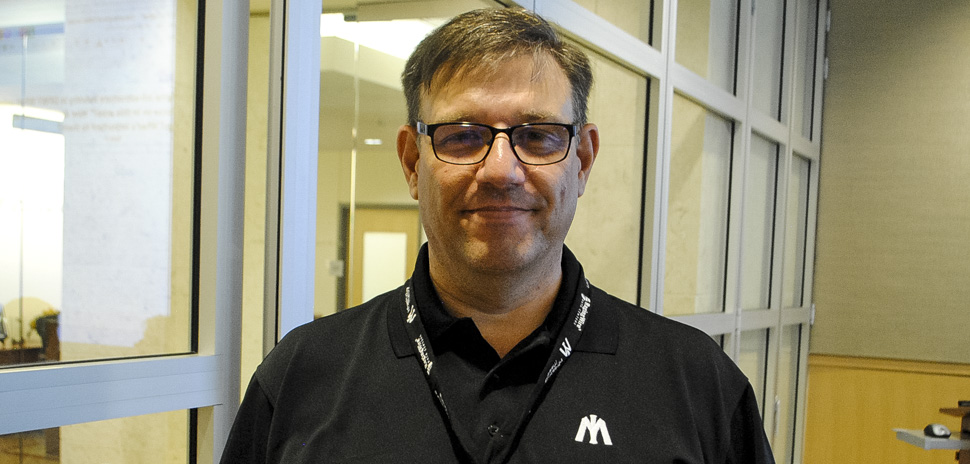
Eddie Schutter [Photo: Meredith Mills]
“It’s also an aging team in this industry,” Schutter said. “How do we bring in younger talent and how do we bring in the next generation?”
The audience brainstormed in groups to find solutions. They included:
- Spread the word that these jobs start out between $100,000 to $150,000 a year, which means financial security.
- Raise awareness of the importance of data centers in everyday life. Facebook, YouTube, search engines, Netflix all rely on the cloud, which lives in a data center somewhere.
- Have successful women from the big cloud/data center industry present to schools and colleges to spark that interest and offer mentorship.
- Offer more internships.
- Encourage after-school clubs for girls where they can experience Science, Technology, Engineering, and Math careers, including data center management, first-hand.
- Show that women are welcome in the industry and it’s not just a men’s club.
- Reach out to female veterans who are transitioning to civilian life.
- Promote the sustainability aspect of data centers, using wind or solar energy.
ATTRACTING MORE DATA CENTERS
iMasons posed a second question asking how the region can better attract data centers and what the challenges are.
Answers included:
- Having sustainable, reliable, and affordable electrical power is critically important.
- The ability to offer tax incentives, such as what Fort Worth offered to lure Facebook.
- A large workforce and low cost of living.
Redundancy and resiliency systems have made large strides in recent years, as Hurricane Harvey recently demonstrated in Houston.
“We didn’t have big disruptions to the Texas economy and banking didn’t stop,” Schutter said. Compare that to Hurricane Katrina and the fallout from that.
PHOTO GALLERY
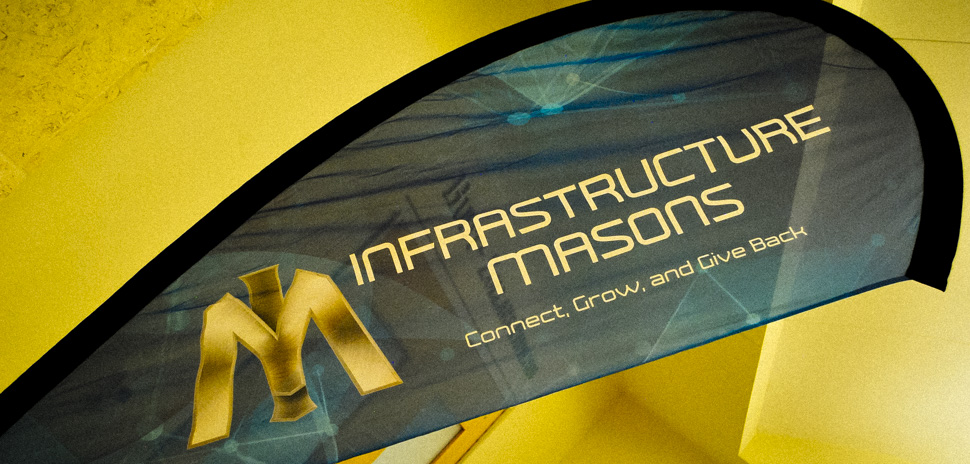
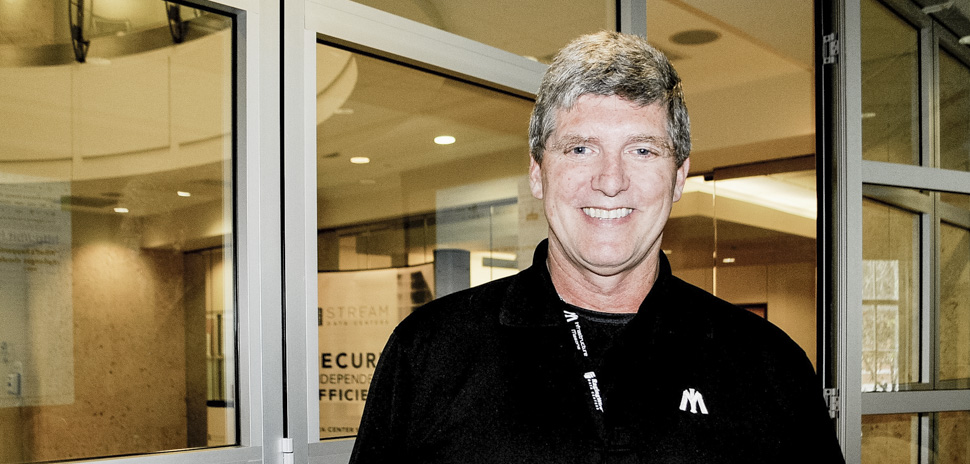
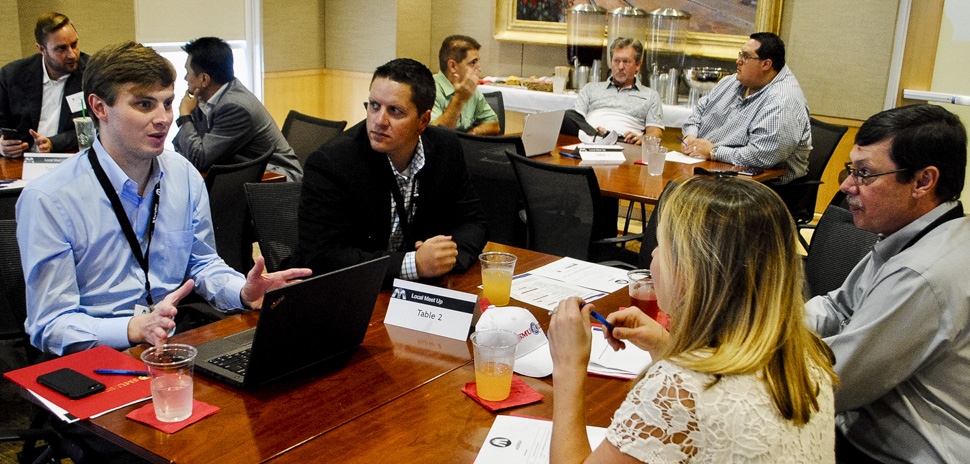
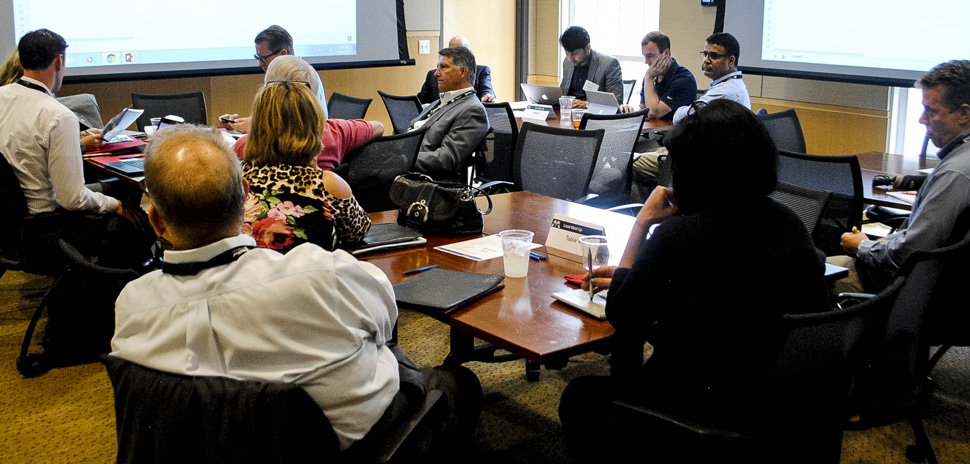
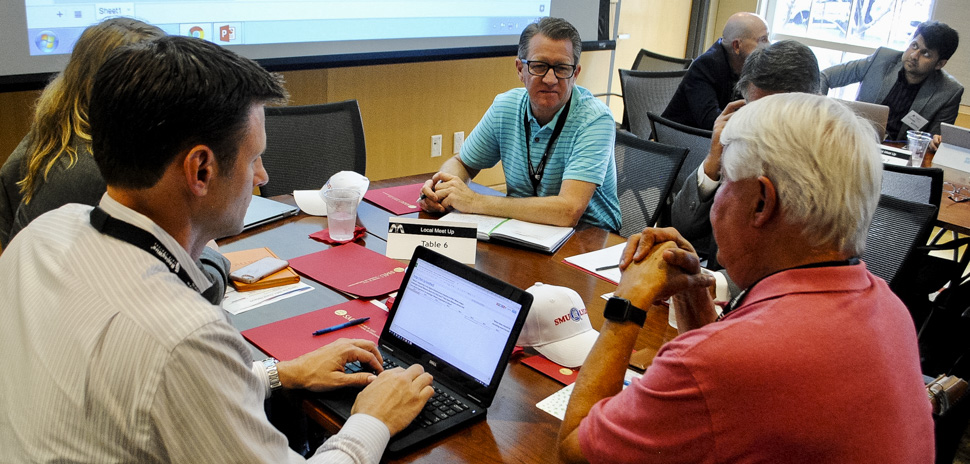
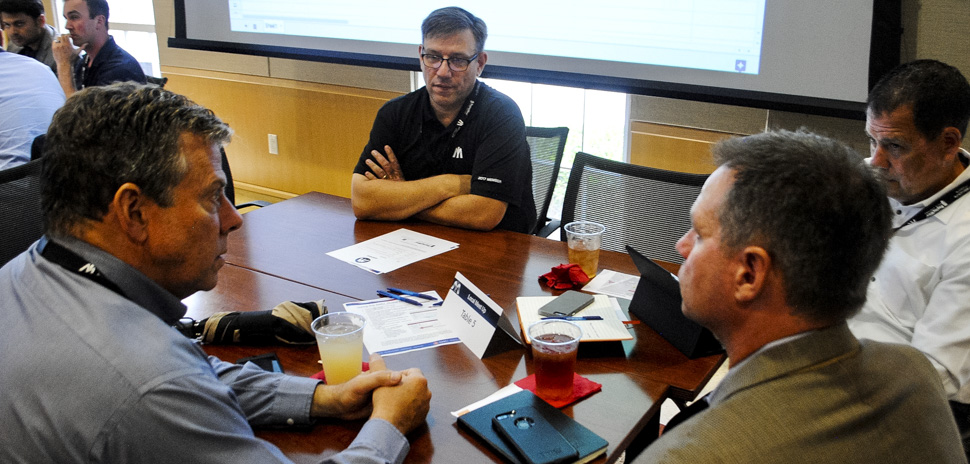
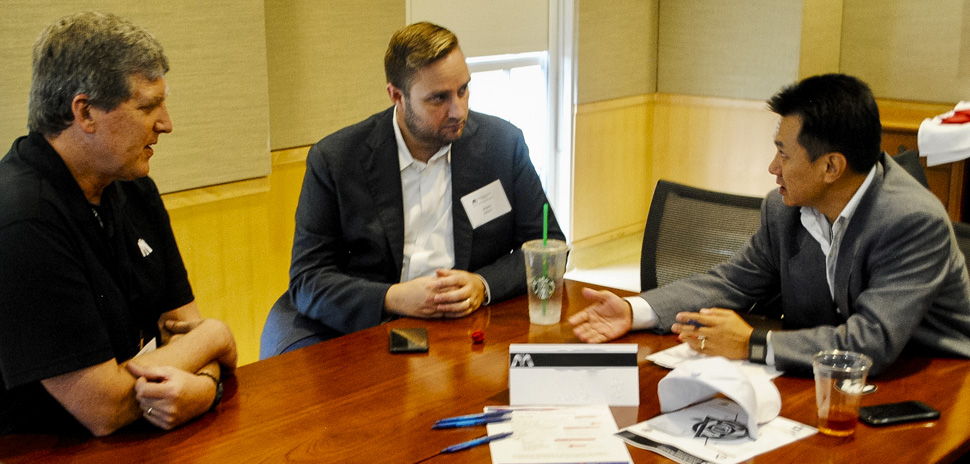
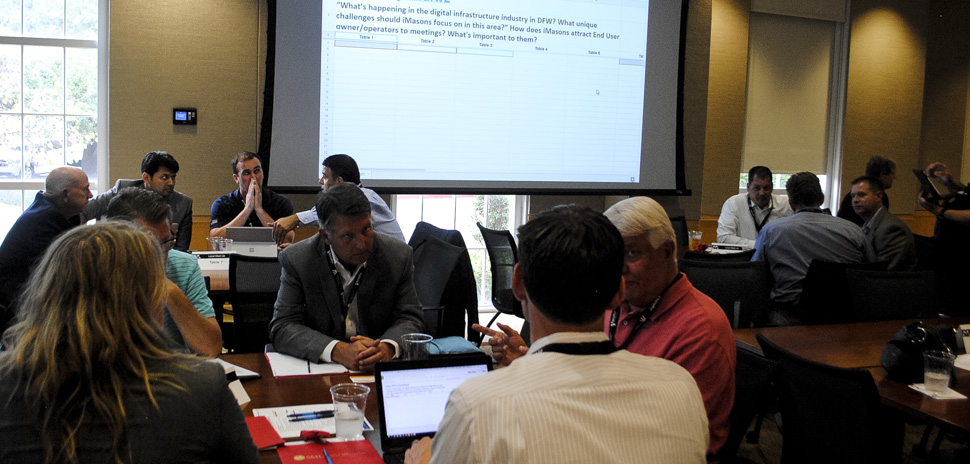
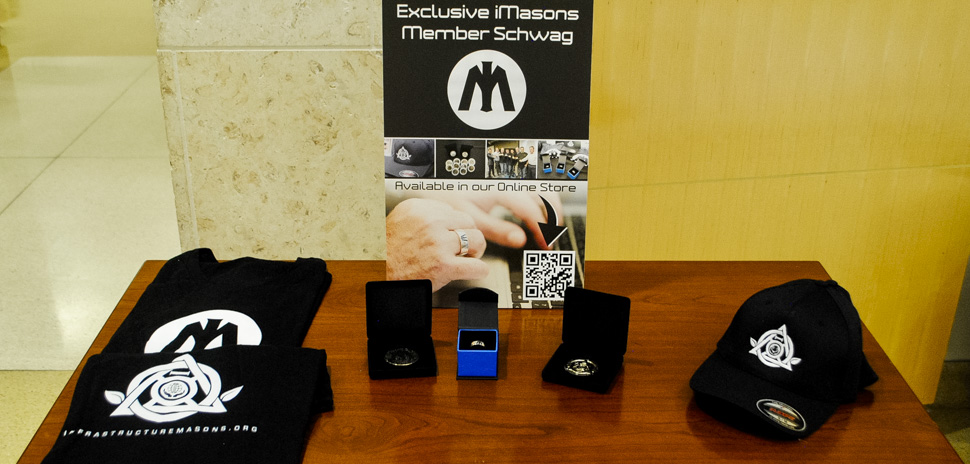
Get on the list.
DALLAS INNOVATES, EVERY DAY
Sign up to get what’s new and next in Dallas-Fort Worth.
And, you’ll be the first to get the digital edition of our new Dallas Innovates magazine:
The annual edition publishes in January.










